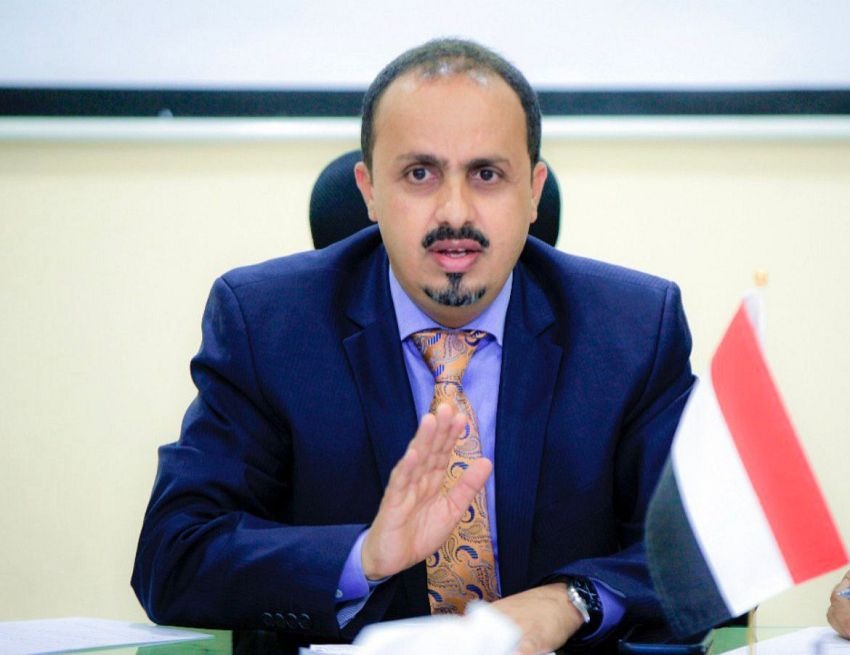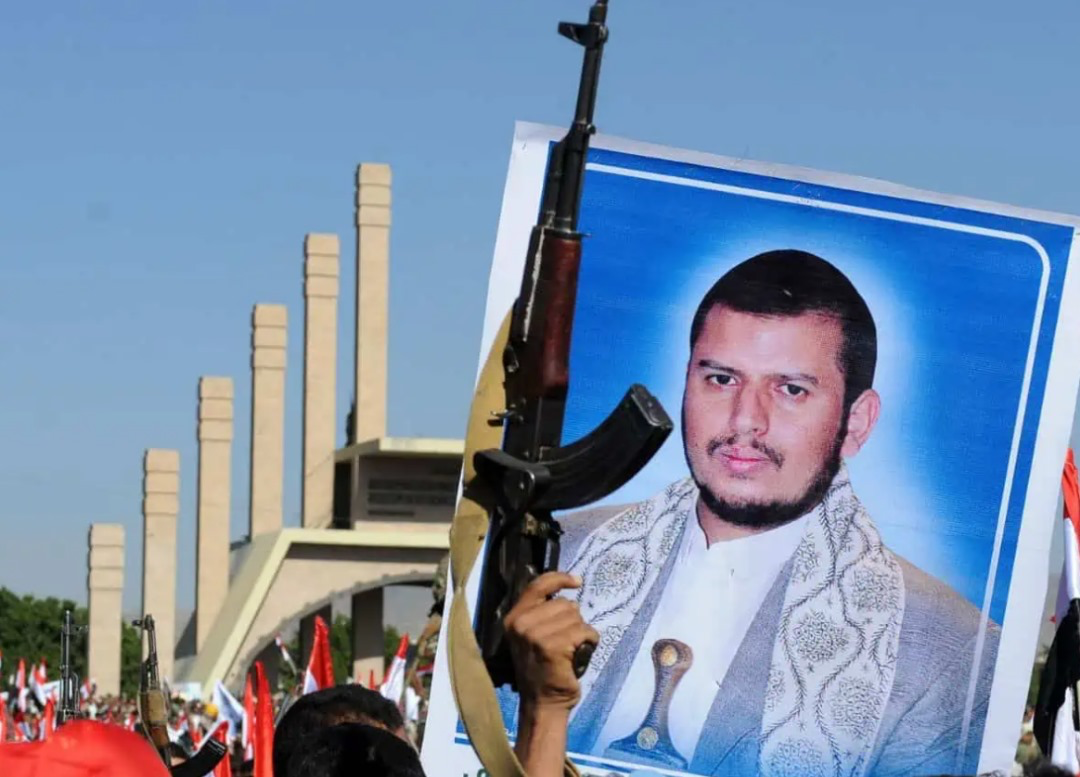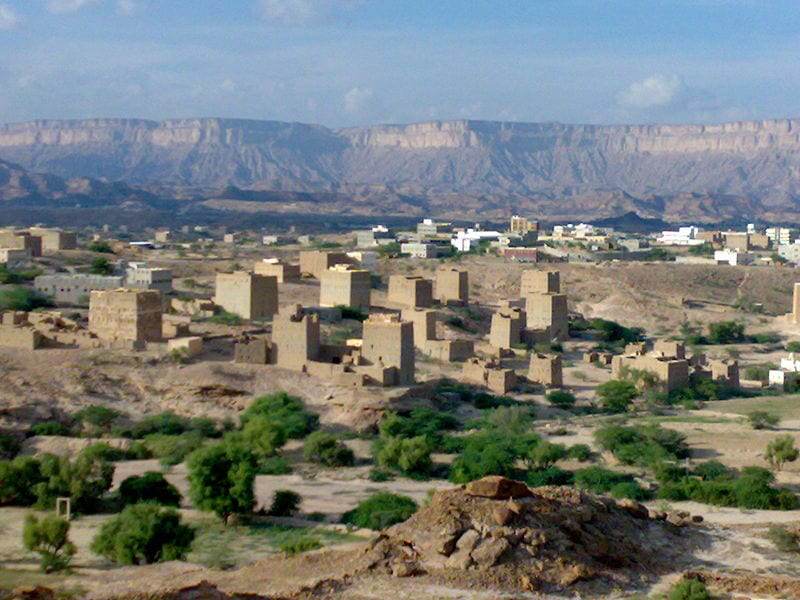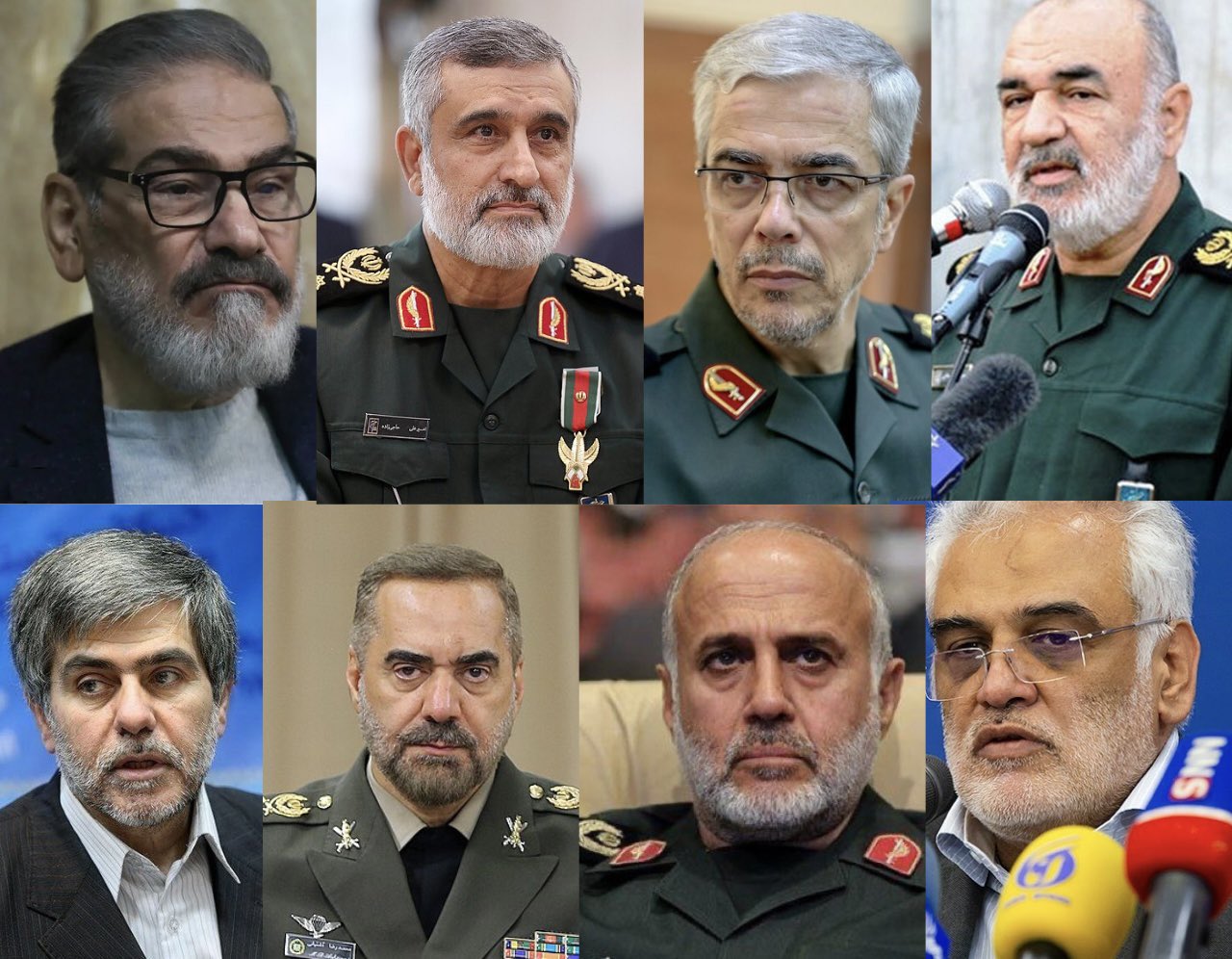
Barran Press
The Yemeni government on Friday, September 6, 2024, accused the Houthi group, internationally designated as a terrorist organization, of orchestrating a plan to bring tens of thousands of Iranians into Houthi-controlled areas under the guise of religious tourism.
In a press statement released by the official Saba news agency, Yemeni Minister of Information, Culture, and Tourism, Moammar Al-Eryani, highlighted the Houthi scheme, which he claimed involves importing individuals from Iran, Pakistan, Afghanistan, Lebanon, and Iraq through a program called "The Guide to Tourist Attractions and Historical Landmarks Related to Faith and Guidance."
Al-Eryani alleged that the Houthis, since their takeover, have been systematically destroying Yemeni cultural heritage by desecrating religious sites and archaeological locations, using them for military operations and weapon storage, and engaging in the illegal excavation of historical sites for the purpose of selling artifacts to fund their military activities.
He further accused the Houthis of planning to demolish 500 historical buildings in the Old City of Sana'a, a UNESCO World Heritage site, including the "Halqa Market," a renowned historical craft market, to establish a religious shrine for their own sectarian events unrelated to Yemeni tradition. He claimed this is part of a broader Houthi strategy to shift towards a theocratic state.
Al-Eryani described this move as "dangerous," arguing that the "religious tourism" scheme is not merely a ploy to revive tourism but a malicious attempt to solidify Iranian influence in Houthi-controlled regions. He claimed the scheme would facilitate the entry of Iranian and Hezbollah experts and fighters into Yemen, deepening Iranian dominance and tightening their grip on the country's resources. He warned that this posed a serious threat to Yemen and its people on political, social, intellectual, and demographic levels.
From a political perspective, al-Eryani stated that this move represents an attempt to incite sectarian conflict in Yemen and legitimize the Houthi coup through direct Iranian support under the guise of religious tourism. He argued that it would transform Yemen into a platform for Iranian interference, jeopardizing the security and stability of Yemen and the region, deepening the Yemeni crisis, and undermining peace efforts.
On a social and intellectual level, al-Eryani asserted that the scheme aims to promote extremist ideas and beliefs imported from Iran, contradicting the moderate Yemeni identity. He further claimed that it is part of the Houthi militia's efforts to alter the cultural, religious, and demographic makeup of Yemeni society, sowing sectarian divisions that threaten social cohesion, the values of diversity and coexistence that have prevailed among Yemenis for centuries.
Al-Eryani called upon the Yemeni people to be vigilant and aware of these "malicious plans," to stand united against any attempt to establish Iranian influence in the country under any pretext, and to safeguard their national and Arab identity, which the Houthi terrorist militia seeks to erase in favor of a Persian identity that opposes everything Yemeni and Arab. He urged them to prevent the future of Yemen from being held hostage by Iran and its "nefarious" regional projects.





